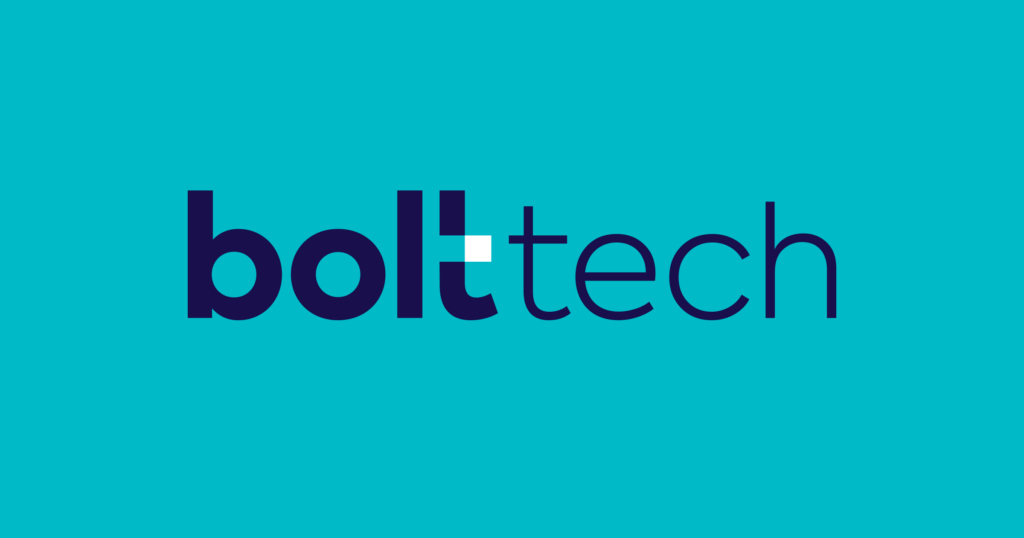Becoming an Independent Insurance Agent: First Steps to Opening Your Business
“
Even with widespread technology like insurance quote aggregators, artificial intelligence and chatbots, independent agents are still in high demand. Research from online statistics portal Statista found there were nearly 1.2 million insurance agents, brokers and service employees in the US in 2018 — a considerable increase from 895,000 in 2010. Personalized service, advice on buying policies, as well as help filling out claims are some of their main selling points, writes property and casualty insurance agent Emily Delbridge.
If this is a career path you’re interested in, here are the first steps to take when opening your business.
Secure Finances Through Loans or Other Programs
Perhaps the most important task is to obtain the financing to launch your agency. Like any business, it’s essential that you have the necessary backing to get your company off the ground and get the ball rolling. There are several ways to go about this, with one being to secure a business loan.
This starts by determining exactly what you plan on using the money for. “Some loans are meant to be general working capital; others are meant to finance specific scenarios,” explains Meredith Wood, vice president of marketing at financial solutions marketplace Fundera. “For instance, business lines of credit are great for working capital, whereas invoice financing is a specific cash flow loan to help insurance agents that work on credit.”
Loans writer Anna Serio compiled a list of specific loan options available to independent agents, including:
- SBA 7(a) loans. This is a great choice for new agents looking to grow and often comes with a lower interest rate than many other types of financing. You can learn all about 7(a) loans from the U.S. Small Business Administration.
- Business lines of credit. This works on a similar premise as credit cards and gives you access to a certain amount of cash flow each month.
- Unsecured term loans. Here you can obtain financing for large one-time costs without having to put up any collateral like your home or vehicle. A lender gives you one lump sum, and you pay it back plus interest and fees.
- Startup financing. This helps you cover the initial costs of getting your agency set up. Common sources for capital include funding through friends and family, venture capitalists and crowdfunding, notes Kali Galdis at small business lender marketplace Nav.
It’s also worth looking into small business grants, which provide funding that you don’t have to pay back. Jackie Zimmerman at NerdWallet points to several resources for finding grants, such as Grants.gov, USA.gov and the Economic Development Administration.
Secure and Set Up a Location
Having the right location to run your insurance agency out of is also crucial, and you have two main options. One is to have a home-based business, which according to Frank Addessi at The Simple Dollar, prevents you from having to pay rent, buy furnishings, extensive equipment and many of the other expenses that come with a commercial location. This can be viable if you have adequate space in your home or plan on conducting the majority of your business online.
The other option is to obtain a commercial space, which can be done either through leasing or buying — both of which have their benefits
“If you opt to lease, there is no down payment, you can deduct lease payments for tax purposes, the landlord is responsible for repairs and maintenance, and you may lease in an expensive area, which can improve the visibility of your business to the right crowd,” writes independent insurance agent Frank Medina. “If you opt to buy an office space, you can build equity and rent out additional space, have stable expenses, deduct interest payments, and depreciate the building.”
When it comes to getting set up, the team at insurance company The Hartford says some of the basics you’ll need include office furniture such as desks, chairs, shelving and file cabinets. In terms of technology, you’ll need computers, reliable internet that can handle a lot of bandwidth, an efficient phone system, insurance software and printers.
If you’re looking to find these items on a budget, Bob Adams, founder of business learning platform BusinessTown, suggests looking for going-out-of-business auctions because they often have great deals where you’ll pay a fraction of the price that you would at a retailer.
Meet Any State and Federal Requirements Necessary
Before officially launching your agency, it’s necessary that you meet all applicable requirements, both in your state and at the federal level.
“One thing that all states have in common is that insurance agents must be licensed to legally sell insurance within their borders,” explains online insurance pre-licensing resource America’s Professor. “Insurance pre-licensing exams test a would-be agent’s knowledge of the rules and regulations regarding the sales of insurance, how insurance claims are handled, what restrictions apply to insurance coverage, and other similar matters of importance.”
You’ll need to successfully pass an exam with a section on national insurance material, along with a separate section regarding insurance regulations in your state before receiving your license. LearnHowToBecome.org says you should check with your state’s insurance department to learn about pre-licensure requirements. They also point out that you can streamline this process by using the National Insurance Producer Registry. Enter some basic criteria, and the registry will fill you in on the details.
Get Incorporated as a Legal Business Entity
Another important part of starting an insurance agency is properly structuring your business. This will impact how you pay taxes, your level of liability and how you run your overall operations notes Becky Schroeder, chief marketing officer at Insurance Technologies.
The team at online legal technology company Rocket Lawyer writes that incorporating your business has some key benefits. These include lending legitimacy to your agency, protecting your business name and protecting your personal assets, such as your home, car and savings.
There are three common structures for independent agents — a sole proprietorship, partnership and corporation.
A sole proprietorship is usually the easiest to set up and means all of the profits go to you as owner. Here you simply report your earnings and losses on a personal tax return. A partnership is where you and one or more partners assume ownership of the company and share earnings as well as debts. This will only be an option if you’re going into business with someone else when forming your agency. A corporation is the most complicated option and is set up so shareholders aren’t individually liable for the debts of or actions against the agency.
You can learn more about these different structures at the U.S. Small Business Administration webpage.
Establish the Foundations of a Digital Presence
Having a strong digital presence is no longer an option for independent agents. It’s a necessity. To thrive and remain competitive, you need to reach leads through widely used online channels like search engines, social media and review sites. This of course takes time, but you can lay down the foundations by following three key steps.
First, create a professional website that’s mobile-friendly and easy to navigate. At minimum, advises Kristen McCormick at guided marketing solutions provider ThriveHive, it should include an insurance products page, an “about us” page and your contact information. She suggests using plenty of images to capture the attention of website visitors and increase engagement.
Second, you should become active on social media. Sam Merritt, account manager at Search Influence, specifically recommends focusing on Facebook, YouTube and Twitter because of their large user bases and ease of sharing insurance products. It’s also smart to join LinkedIn, because it can help you network with other insurance-related professionals in your area.
Third, it’s no longer an option that you manage your online reviews. This is done by first creating accounts on major sites like Google My Business, Yelp and The Real Yellow Pages. From there, you’ll want to pay attention whenever customers leave reviews and promptly respond.
This is especially important for negative reviews because, according to online reputation platform ReviewTrackers, a full 94 percent of customers will not do business with those that have a bad review. Additionally, 53 percent of customers expect companies to respond to negative reviews within a week, and 45 percent are more likely to visit a business that responds to negative reviews.
Launch Your Career as an Independent Agent
A career in the insurance industry can be rewarding and allows you to build lasting relationships with customers. There’s a lot that goes into getting started, but the points mentioned here break it down into the fundamentals.
That way you’ll know which specific aspects to focus on and how to move through the steps as smoothly as possible. And be sure to check back with the Superior Access blog as we continue with our multi-part series on becoming an independent agent and cover other key areas.
Images by: gpointstudio/©123RF.com, dotshock/©123RF.com, langstrup/©123RF.com
“
Further Reading
Featured
 18 June 2024
18 June 2024
 15 August 2024
15 August 2024
 1 July 2024
1 July 2024
